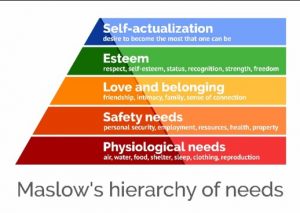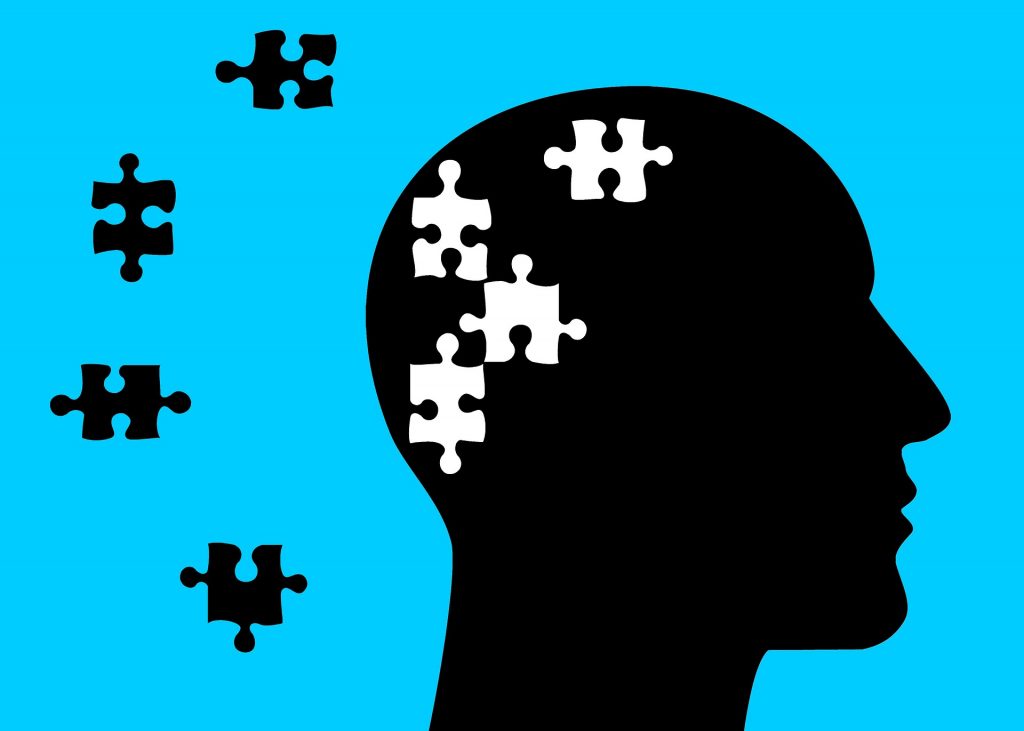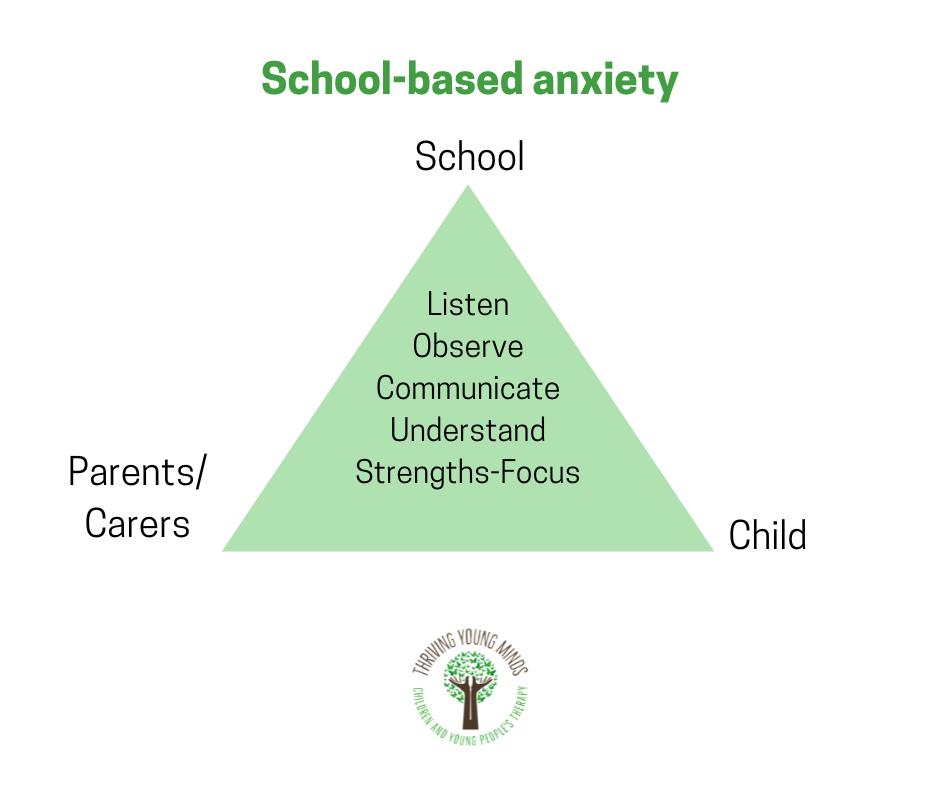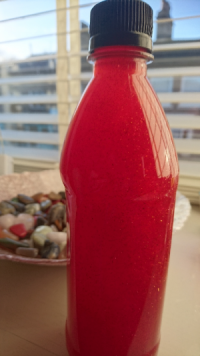We keep being told that this is the ‘new normal’, but what even is ‘this’? The constant threat that we may have to self-isolate for 14 days? That children may be sent home from school at a moment’s notice? That social media and television is flooded with negative messages?
Many people were hoping that things would be more settled by now. Children have gone back to school meaning parents could get back to a regular routine where possible. But anxiety levels are still high, frustration seems to be wherever we look and nothing at all seems to be ‘normal’.
We can try to understand this in the context of Maslow’s Hierarchy of Needs. The idea is that the needs at the base of the pyramid need to be met before we can move onto the next level. So to be able to function effectively at school, college, work or home, for example, we need to have met all the other levels and at least be on the ‘Esteem’ level.

However, the very nature of the pandemic means that we are being told we are not safe (orange level) and that other people aren’t safe to be around (yellow level). As adults we are worried about our own safety, including job security, financial stability and health. As if that wasn’t enough, we are having to isolate more from the people who provide our support, all whilst trying to support our children.
For the children, they are hearing about how unsafe the world is at the moment, how they or someone they are close to might get very ill. They aren’t allowed near their friends, or to get reassuring support they may normally get from teachers, support staff or other adults.
Connections are a vital method for soothing ourselves – when we experience a threat or trauma we want to share it with other people, we offload, we get empathy, we thrive off feeling heard and understood. The same applies to touch. When we feel vulnerable we often look to have physical contact with someone such as a hug; it releases endorphins, reduces stress hormones and therefore calms our nervous system.
But the threatened child is now talking to the threatened teacher, who can’t put an arm around them. A threatened parent is talking to a threatened friend who they’re not allowed to meet with. We are being to told to isolate, and we’re doing this in more ways than one. Not only are we feeling unsafe, but common coping strategies are being taken away.
We are all feeling unsafe so it perfectly acceptable to feel like we’re not functioning at a higher level. Although on the outside life seems a little more normal, in reality it isn’t always the case. So, what can we do to look after ourselves and our children?
• Re-assure yourself and your child that these feelings are normal, and looking after your safety is your main priority. Achieving great things can wait if you don’t feel ready right now. Don’t put pressure on yourself.
• Have some positive affirmations to soothe yourself and balance out the negativity – “I am doing enough”, “I am ok”, “Things will get better in time”.
• Control what you can, let go of what you can’t. When we are stressed we easily feel overwhelmed. Letting go of things that don’t serve us will release some of that i.e. watch less news, have more screen-free time, do things you enjoy, talk to your friends, keep away from as much negativity as possible.
• Maintain your connections – find ways to keep in touch with friends and family, share your feelings, have some fun, play games. Spend quality time with the people in your household. Use online or telephone support if you feel someone objective would be good to talk to.
• Manage your workload. If homework is feeling too much, break it down into more manageable parts and focus on one at a time. If work is stressful find ways to get some control, prioritise and speak to your colleagues if appropriate.
• Self-soothe – this is a vital skill, especially when we can’t access our normal coping strategies. Use any sensory items to develop your mindfulness – mindful colouring, hand creams, listen to your favourite music, have a bath, light some scented candles, wrap yourself in a blanket, make things with play-doh, go for a walk.
Above all, remember you have coped with difficult situations before. This is a new one for us all but you still have the skills and abilities to manage. There is no is pressure for you or your children to be ‘back to normal’.



